URBNSURF’s Andrew Ross Breaks Down The “Amateur Surf League” And How To Bring Surf Parks To Life.

When it comes to building a community and generating a sense of local spirit, URBNSURF‘s Andrew Ross has some ideas as innovative as the facility he’s building. Here’s what he had to say on the subject:
“I’m really excited for us to launch our Amateur Surf League at URBNSURF Melbourne. The idea is that you, me, and two of our mates turn up, say every Tuesday night at seven o’clock, to compete under lights in the ‘B’ Division. It’ll be like an indoor cricket competition, or indoor volleyball competition, but for surfers. Each of us score 15 or so waves, and each of our two best waves would be scored and added to our team total. There will be a leader board, and we’d be competing against another seven teams in the lagoon at the same time. We’d have this fantastic hour of surfing with our mates each week over a ten-week season. You’d have finals, and then a Pro-Am, or winners from each State competing against each other. It also doesn’t need to be based around age – it could be you, me, and our kids. I think there’s a range of unexplored but really interesting ways to engage with people, through surfing.
In Australia, more than 50% of all surf lessons are undertaken by young women between the ages of 13 and 25. But when you look in the line-ups around Australia, we’ve only got one or two girls per ten surfers in the water. So why are women dropping out of the sport? Why are we losing women to the sport as they try and progress through from that first, initial beginner phase, to becoming fully-fledged frothers? I’ve spoken to a lot of female surfers about it, and some of the issues that arise for them is linked to the fact that surfing is currently a very male dominated sport. It can be difficult for women to compete against men in the line-up when they’re learning. It is also a full contact sport, which some women aren’t accustomed to. I’ve also been told that women sometimes fear they’re going to hurt other people if their board flicks out, or if they get in the way. And then there is always the concern around marine hazards. We can address these factors in our environment, and I think we’ll create very efficient progression pathways for female surfers.

I was at the ‘Cove’ in Spain a while back, jetlagged, and I asked the Wavegarden guys to switch it on so I could dust off a few cobwebs. I sat out there for about two-and-a-half hours and surfed 125 waves in a row. A few of the pro’s boards were left at the facility, so I started on Michel Bourez’s 6’2”, then moved down to Gab’s 6’0”, to Dane’s 5’10”, and by the end of the session I was riding a high-performance, 25.5L, 5’4” thruster. I’m 86 kilos and 6’2”, so it was a a bugger to paddle in, but once I was up, there wasn’t a single gram of unnecessary foam under my feet. I could just fling the thing around like a skateboard, there was no additional swing weight in the nose, and the surfing experience was incredible.
I don’t feel that anyone yet has truly delivered on the vision of what surfing can be within a man-made environment, so the challenge we’ve set for ourselves is to realise that potential. We’re starting with the quality and clarity of the water in the lagoon – no surf parks in operation at the moment have crystalline, blue water. We’ll be aiming for that in Melbourne, so that on a winter’s day it’ll be clear, almost Maldivian, so hopefully it will feel five degrees warmer! Even though you’ll be moments from the airport it’ll feel like you’re on a tropical holiday.
We’ve invested heavily in new technology, including our online booking engine and RFID wristbands that we’ll be using to regulate activity throughout the park. We’ve also spent a lot of time recruiting competent, well-trained staff. Really, it comes down to creating a truly authentic surf culture within our park. For me, the real sign of success would be if surfers in Melbourne ultimately consider us to be their local break.

We know that the wave is the core of our business, so it needs to be of a very high quality. When we’re considering the surfing experience, it always starts with the wave. I’ve tasked our facilities manager with coming up with amazing, new, exciting waves for our guests. He’ll be brewing up some alchemy with the Wavegarden guys over Winter before we open to the public later in 2019. We’re trying to soften the fact that our waves are made by a machine as much as we can. It’s kind of tricky to explain how the wave generator works, so we often say “if man can’t explain it, God must have made it”. We’ve named our wave generator ‘Roary’ after the Roaring 40’s, which is part of the Southern Ocean that generates most of Victoria’s epic swells. While Huey will always be the lord of the coast, Roary’s in charge of keeping the lagoon pumping.
We can have a maximum of 36 surfing our advanced waves, which we’re calling The Reef. 18 surfers on the left, and 18 surfers on the right. Our sessions will run for 55 minutes, with a five-minute changeover between sessions on the hour. Even when we’re fully booked, you’ll score around 13-15 waves per hour – and more if there are less surfers in the water. We’ll probably push through five to six waves in a set, stop the generator for 20 seconds or so to let everyone reset, and then pump through another set – but that’s all still to be tested.
Surf lessons are equally important, and we want to elevate the experience, and create a well-managed progression pathway to help people more rapidly advance their ability. They’ll know what’s coming next, and they can work on particular elements of their surfing, both during lessons and after on their own time. I think that’ll be a critical aspect of the surf park experience. We all tend to see surfing through the lens of our own experience. I’ve started with what a 47 year old, white, middle-class guy who’s been surfing his whole life thinks is important. But what about a 12-year-old girl? Or a 40-year-old mother with three teenage kids? Or what about a 22-year-old Japanese tourist? Ultimately, the experience needs to be true to surfing’s core, but we’re aiming to broaden what that means, that definition, over time.
The non-surfing experience is also super important – both physically and online. How easy is it to book online? How easy is it to find out what sessions are available? How simple is it to park and to get through check-in, into the lagoon, and start surfing? What’s the quality of our change rooms, and our F&B experience? Landscaping, areas to hang out, different events and functions, parties? We’re hoping to create a destination that’s reflective of Australian surf culture at its best. We want people to come and enjoy our venues not only because the wave’s amazing, but because it’s a place that you want to hang out at, you want to be with your friends. Surfing doesn’t really have a physical, built-form presence in the same way that Australian surf lifesaving clubs have had over the past century. Wouldn’t it be amazing if we could take that idea and create a new cultural phenomenon in Australia around man-made surfing environments, which just draws on all of the great elements of surf clubs, like bringing people from all different walks of life together, across all age groups and both genders, and to have an element of public service rolled in there? We want to have groups of people with disabilities, underprivileged kids, we want to have the SurfAID’s, and the Surfrider Foundation’s, and the Waves of Wellness’ of the world working with us to promote their causes, and for us to help support their work.

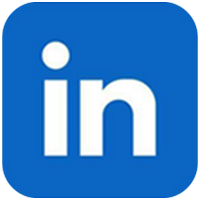




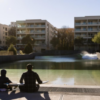
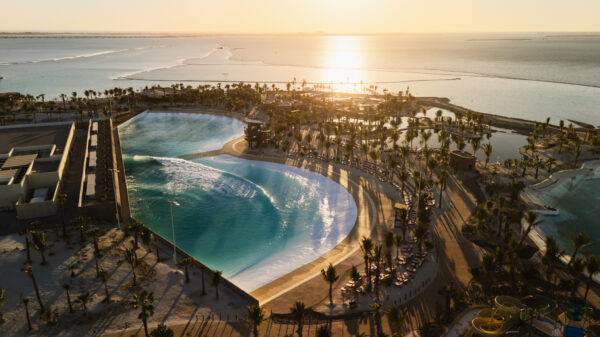
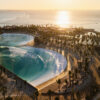
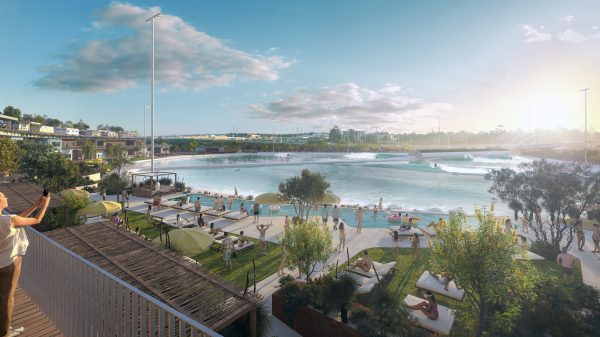
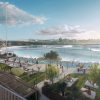
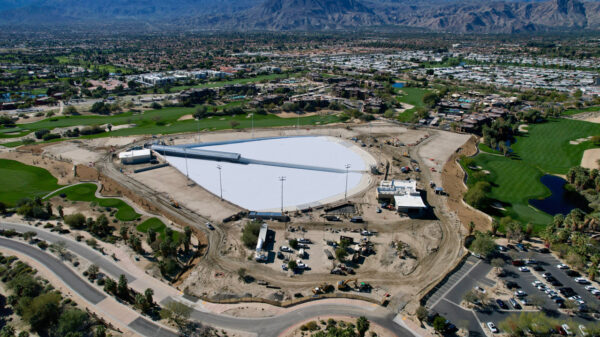
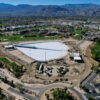
You must be logged in to post a comment Login